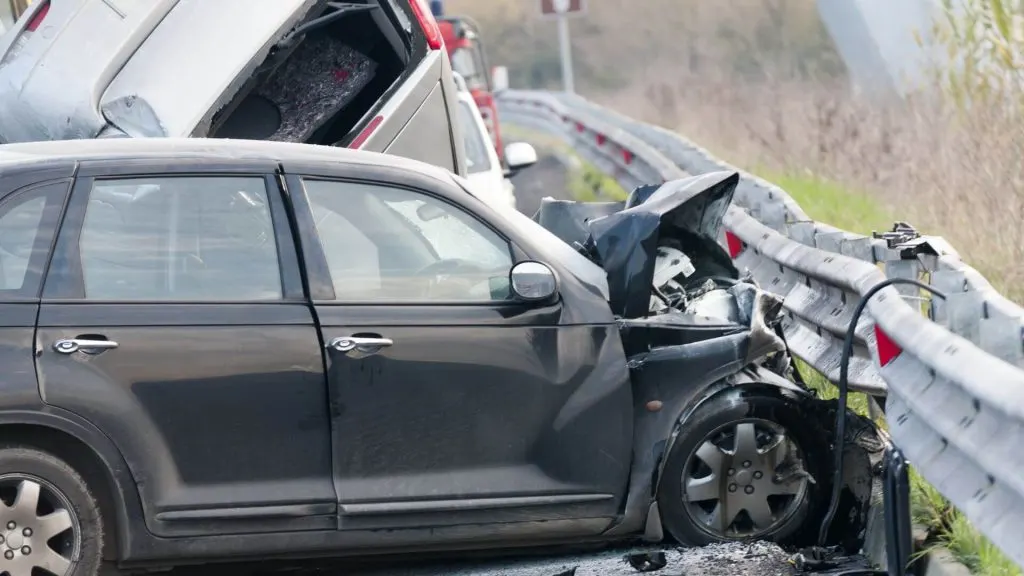Car accidents can be devastating events, leading to injuries, property damage, and legal complications. Understanding the laws governing car accidents in Connecticut is crucial for protecting your rights and seeking compensation if you’ve been involved in a collision. The car accident attorneys in New Haven explore key aspects of Connecticut’s car accident laws to help you navigate the aftermath of a crash with confidence.

Negligence and Liability
Connecticut follows a fault-based system for car accidents, meaning that the party responsible for causing the accident is liable for resulting damages. This liability is often determined based on the concept of negligence, which refers to the failure to exercise reasonable care while driving. Drivers have a duty to operate their vehicles safely and obey traffic laws to prevent accidents. If a driver breaches this duty and causes an accident, they may be held liable for damages.
Statute of Limitations
In Connecticut, there is a statute of limitations that sets a deadline for filing a lawsuit after a car accident. Generally, you have two years from the date of the accident to file a personal injury lawsuit for injuries sustained in the crash. If you fail to file a lawsuit within this time frame, you may lose the right to seek compensation for your injuries.
Comparative Negligence
Connecticut follows a modified comparative negligence rule when it comes to car accident cases. This means that if you are partially at fault for the accident, your compensation may be reduced proportionally to your degree of fault. However, if you are found to be 51% or more at fault for the accident, you may be barred from recovering any compensation.
No-Fault Insurance
Connecticut is not a no-fault insurance state, which means that drivers are not required to carry personal injury protection (PIP) insurance. Instead, drivers have the option to purchase traditional liability insurance coverage, which covers damages caused by the insured driver in an accident.
Mandatory Insurance Requirements
While Connecticut does not require drivers to carry PIP insurance, it does have minimum liability insurance requirements. Drivers must carry liability insurance with minimum coverage limits of $25,000 for bodily injury per person, $50,000 for bodily injury per accident, and $25,000 for property damage per accident. Failure to carry the required insurance can result in fines, license suspension, and other penalties.
Hit-and-Run Accidents
Leaving the scene of an accident, also known as a hit-and-run, is a serious offense in Connecticut. If you are involved in an accident, you are required by law to stop your vehicle, render aid to any injured parties, and exchange information with the other driver(s) involved. Failing to do so can result in criminal charges, including fines and imprisonment.
Uninsured/Underinsured Motorist Coverage
Uninsured/underinsured motorist (UM/UIM) coverage is optional in Connecticut but highly recommended. This coverage provides compensation if you are injured in an accident caused by a driver who does not have insurance or does not have enough insurance to cover your damages. UM/UIM coverage can help protect you in situations where the at-fault driver is unable to fully compensate you for your injuries.
Seeking Legal Representation
Navigating the complexities of car accident laws in Connecticut can be challenging, especially while recovering from injuries and dealing with insurance companies. Hiring an experienced car accident lawyer can help ensure that your rights are protected and that you receive fair compensation for your damages. A lawyer can handle negotiations with insurance companies, gather evidence to support your claim, and represent you in court if necessary.
Understanding Connecticut’s car accident laws is essential for protecting your rights and seeking compensation if you’ve been injured in a collision. From determining liability and filing insurance claims to navigating the legal process, knowing your rights under Connecticut law can help you make informed decisions and advocate for the compensation you deserve. If you’ve been involved in a car accident, don’t hesitate to seek legal guidance from a qualified attorney to ensure that your rights are protected every step of the way.

Jessi is the creative mind behind The Coffee Mom, a popular blog that combines parenting advice, travel tips, and a love for all things Disney. As a trusted Disney influencer and passionate storyteller, Jessi’s authentic insights and relatable content resonate with readers worldwide.
